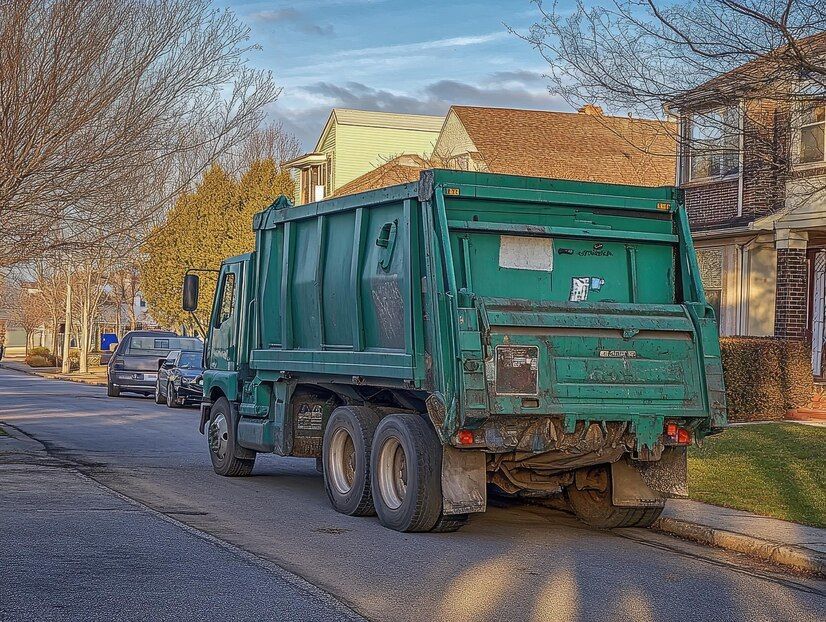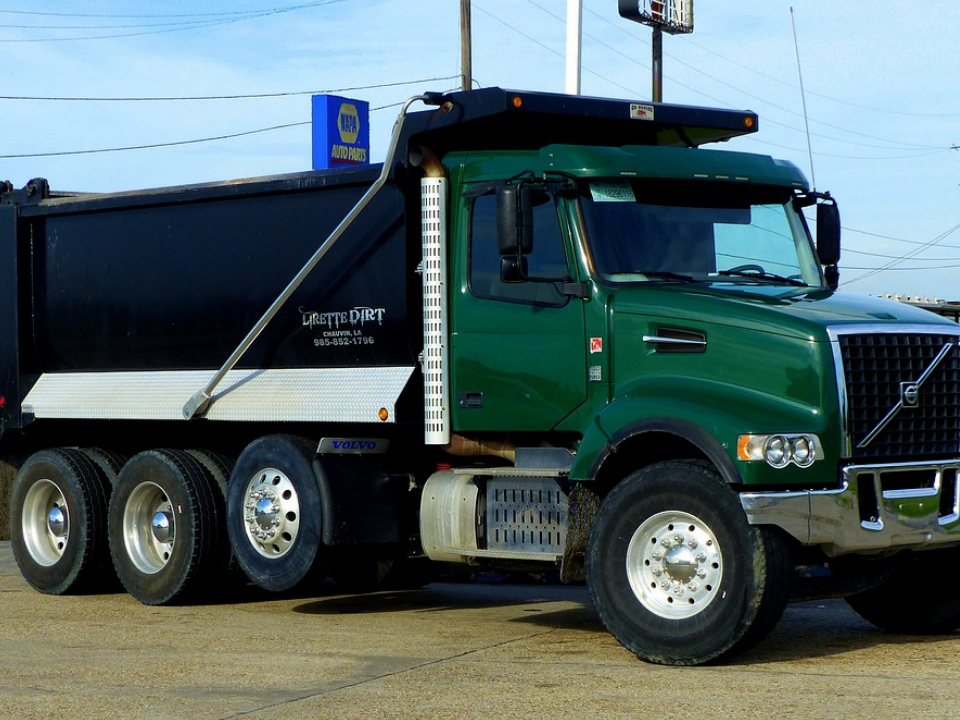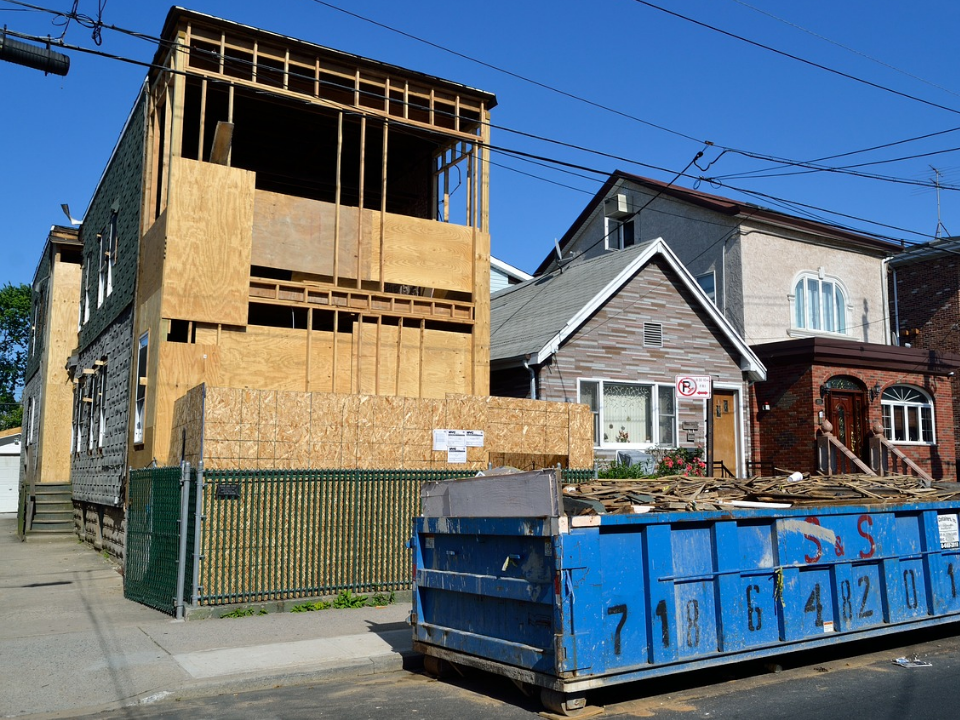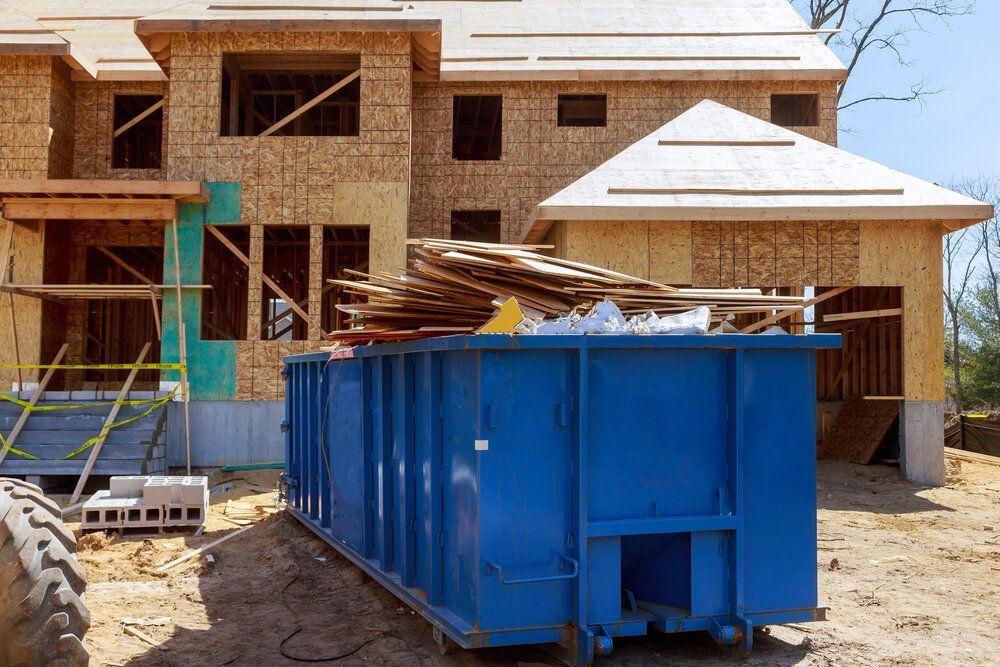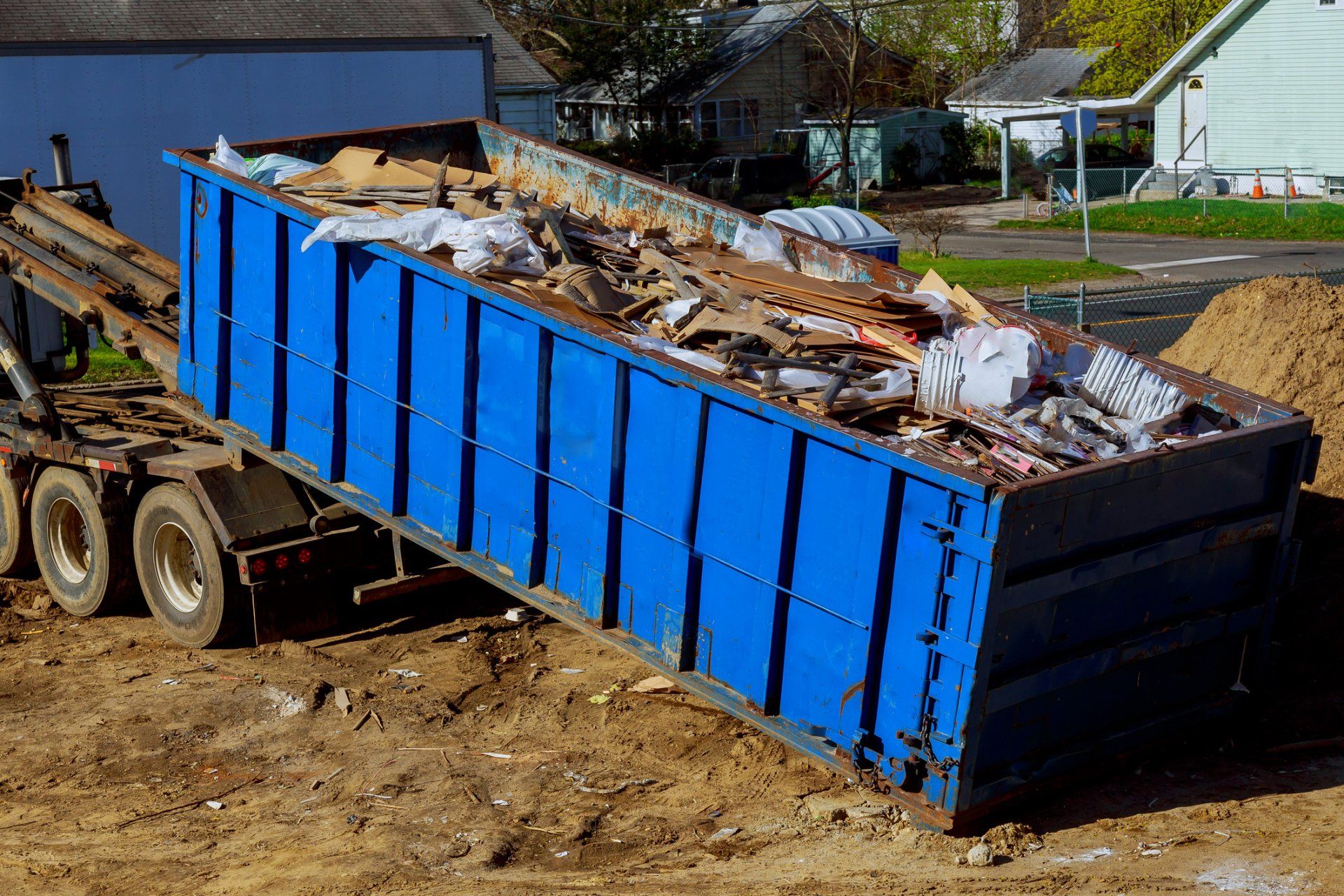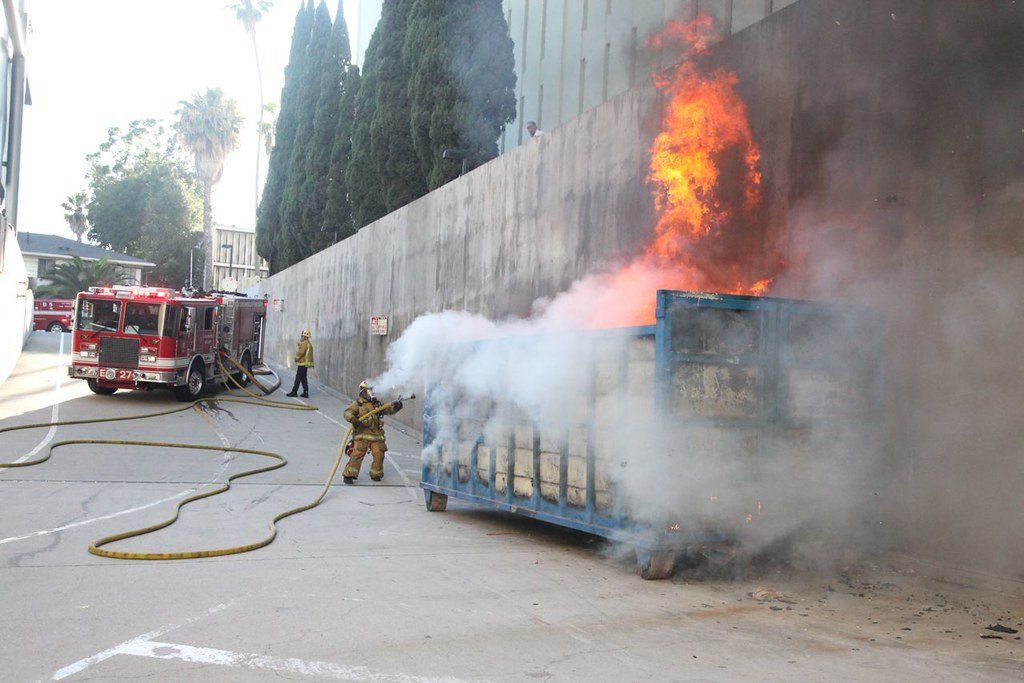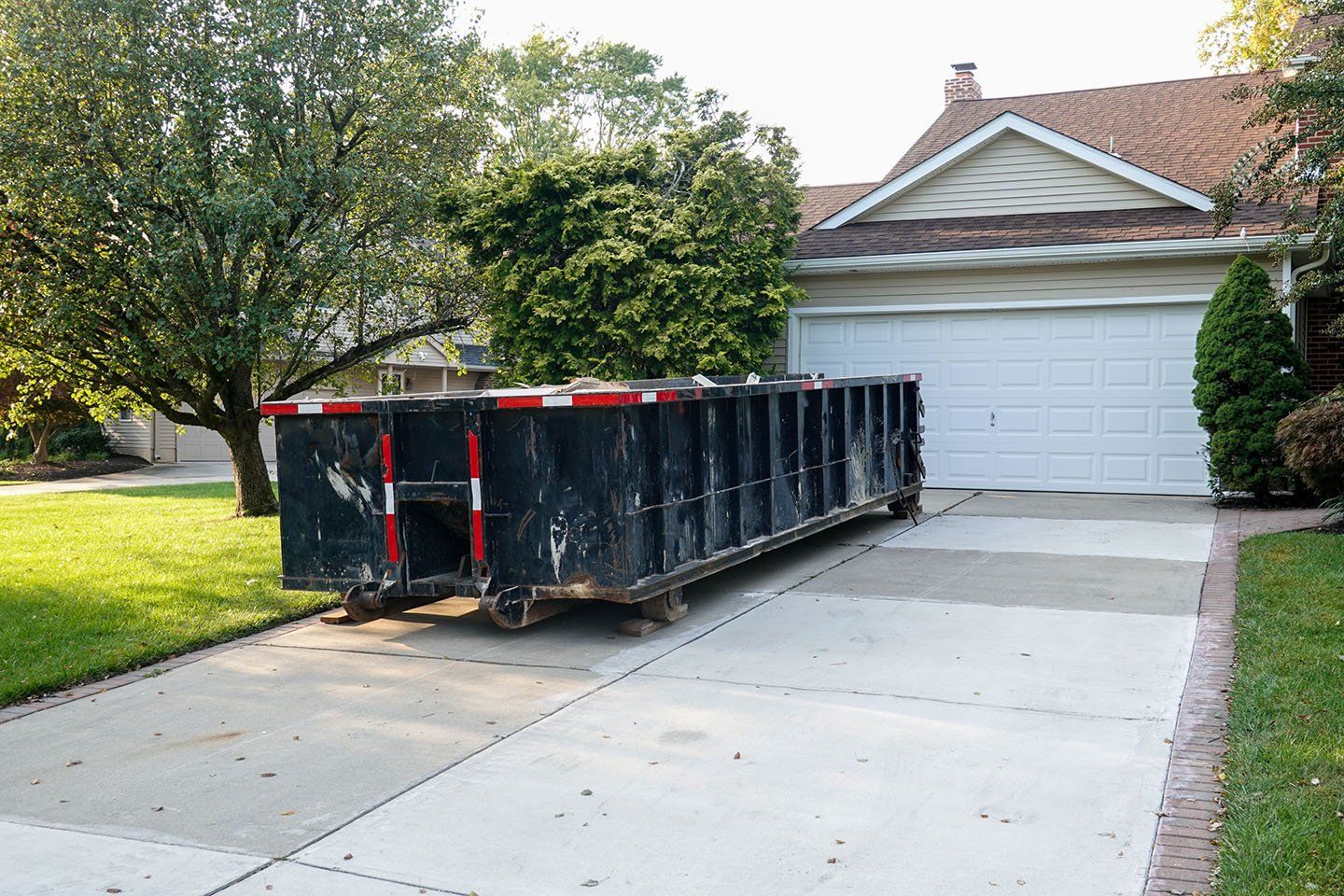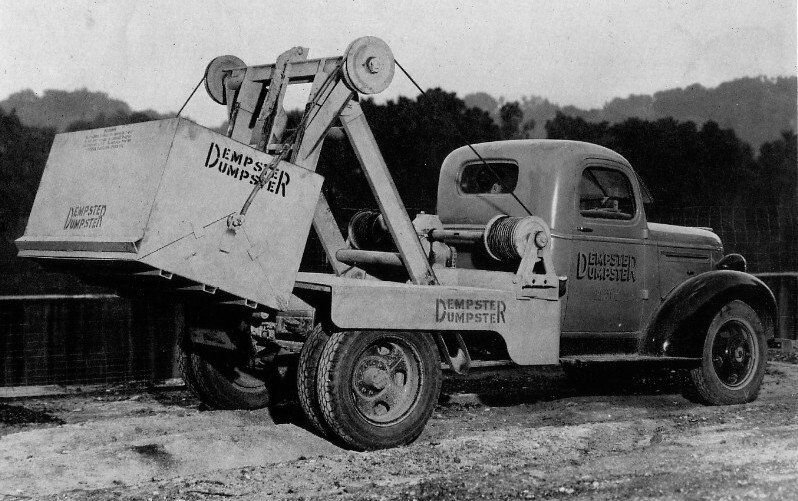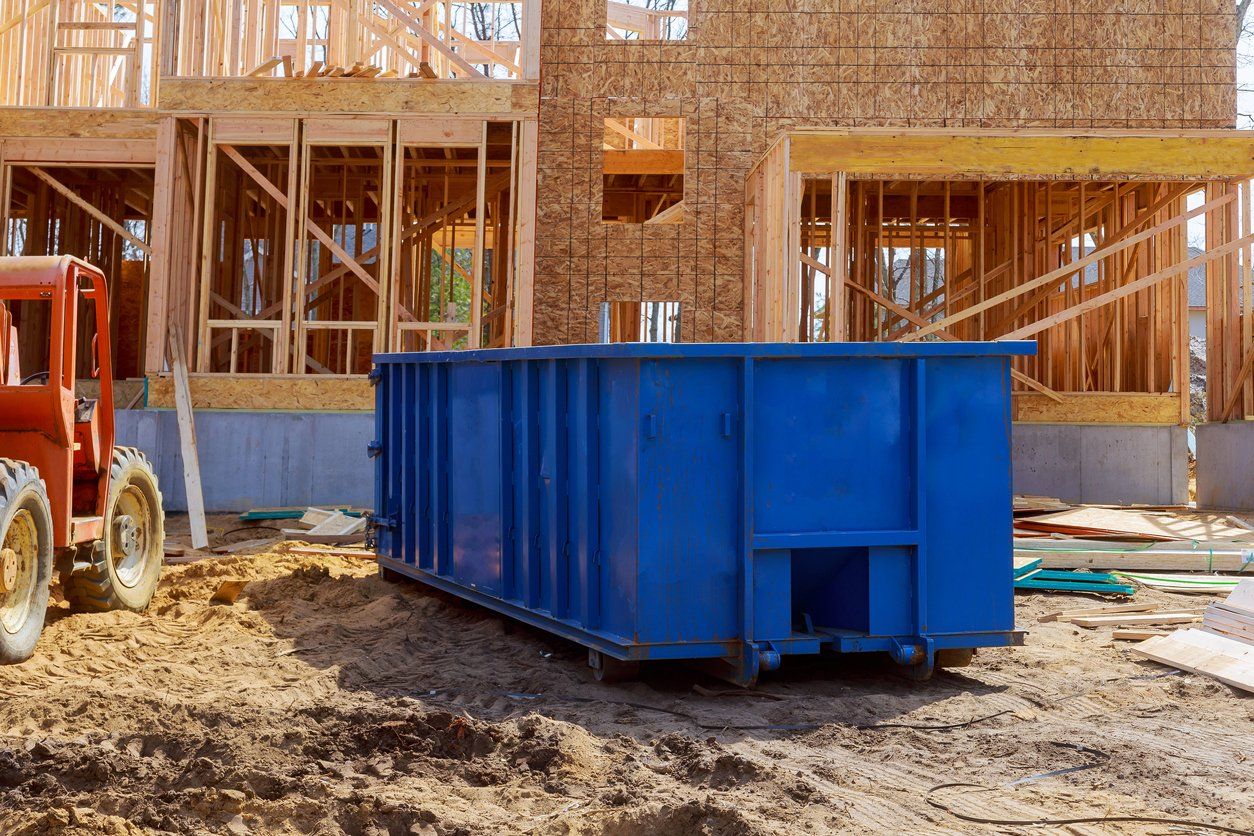Different Things You Can Use A Dumpster Rental For
A dumpster rental is used to dump garbage, junk, unused appliances, etc. However, a common worry among those who hire these services is what should and shouldn't be dumped in a dumpster rental. This can be pretty confusing, but the first step to figuring out what you shouldn't dispose of in a dumpster is to know what's acceptable and what you can dispose of using a dumpster rental.
Similar to rules guiding what you can dispose of in the curbside trash bin and what you can't, there are rules guiding what you can dispose of in a dumpster rental. These rules are set in place based on state regulations. Thus, here's why hiring a local dumpster rental is recommended to guide you on these regulations to avoid attracting penalties. This article will discuss the categories of things you can use a dumpster rental for to help clear your confusion. So, so let's begin.
What is Dumpster for?
Construction Debris And Dirt
There are different sizes of dumpster rentals, and this varying size might be a factor in determining what you can use them for. Thus, some companies use particular dumpsters for this type of waste because of their weight. Yet, a regular dumpster rental can be used for waste from demolition or construction sites.
You can throw waste such as bricks, concrete, stones, plywood, and tiles into a dumpster rental. Still, paying attention to the weight limitations is essential as construction debris is heavy. Therefore, it is easy to go over the weight limit and, as a result, incur some extra charges.
In addition, asphalt roof shingles are another thing from a construction site that you could throw into the dumpster. Although, you might have to confirm with the rental company if they allow it because some states require roof tiles to be recycled, so they cannot be placed in the dumpster. You might also enquire if it will cost you extra because of its heavy weight.
Wooden Furniture
Nearly all types of furniture from your home are allowed in your dumpster rental. So, you can easily use a dumpster rental to move tables, couches, chairs, bed frames, stools, etc., made from pure, untreated wood to the landfills. However, it is essential to note that not all states allow the disposal of upholstered furniture in dumpsters.
This is because they are not accepted in some landfills due to their extra materials, such as their fabric cover. These fabrics are nonbiodegradable and likely to cause a release of toxic fumes when dumped in a landfill. Hence, if you have any furniture that isn't purely wood that you want to dispose of, then be sure to confirm with your dumpster rental service if they allow that type of furniture in their dumpster.
In some cases, you might be required to pay some fees to the local authorities or charged extra fees for these types of furniture by your dumpster rental company. So, be sure to work with a local dumpster rental that is familiar with the dumpster regulations in the state.
Electronics
Usually, most dumpster rentals accept electronics such as TVs, printers, computers, and other electronics you can no longer recycle. However, this applies only to a small amount of electronic waste. So, suppose a work facility is cleaned out. In that case, you need to recycle the electronics rather than dispose of them in the dumpster. It is vital to note that some state's local regulations prohibit putting electronics in a dumpster.
However, some dumpster rentals might accept some electronic waste at additional costs. So, ensure that you contact your dumpster rental before placing any electronics in the dumpster. You might also consider donating this electronic waste to charity or organizations that repair these electronics and donate them to charity.
Household Garbage
Usually, you can toss any nonhazardous household garbage in the dumpster rental. Nonhazardous garbage means it cannot catch fire, explode or be toxic under any condition. Common examples of this nonhazardous household garbage include wooden furniture, books, regular trash, toys, cardboard, etc. Suppose you are unsure if the waste is hazardous or not, you can check the EPA's household hazardous waste page.
Yard or Garden Waste
Tree limbs, branches, sticks, raked-up leaves, mowed lawns, etc., are typically accepted in dumpster rentals.
However, some state regulations might not allow yard debris disposal at landfills. So, ensure that you call your dumpster rental ahead to confirm if it is allowed and if it comes at an additional cost.
Home Appliances
Generally, most home appliances, such as microwaves, blenders, toasters, etc., can be thrown in a dumpster.
However, it is crucial that before you put in your bigger appliances such as air conditioning units, refrigerators, etc. You must hire a professional to help remove the hazardous fluid Freon in these appliances before putting them in the dumpster.
Also, note that some dumpster rentals charge extra fees for some appliances, so ensure that you confirm what appliances you can dispose of in the dumpster and how much additional fee might be required for the ones you want to dispose of.
Alkaline Batteries
You can dump alkaline batteries in a dumpster rental. This is because these types of batteries are no longer manufactured with mercury. Thus, the absence of this toxic element has made it federally legal and accepted in landfills in all states except California.
Therefore, if you have used regular batteries such as AAA, AA, 9 Volt, and other similar batteries, you can confidently dispose of them in the dumpster. However, note that you should not throw car and lithium-ion batteries found in phones and laptops into a dumpster rental.
Conclusion
The acceptance of some items in the dumpster rental might vary in different states. So, we highly encourage enquiring about what is and isn't accepted from your local dumpster rentals. However, most dumpster rentals generally accept the items mentioned in this article. As a rule of thumb, you might note that anything nonhazardous is accepted in a dumpster because you can easily dump them in a landfill.
